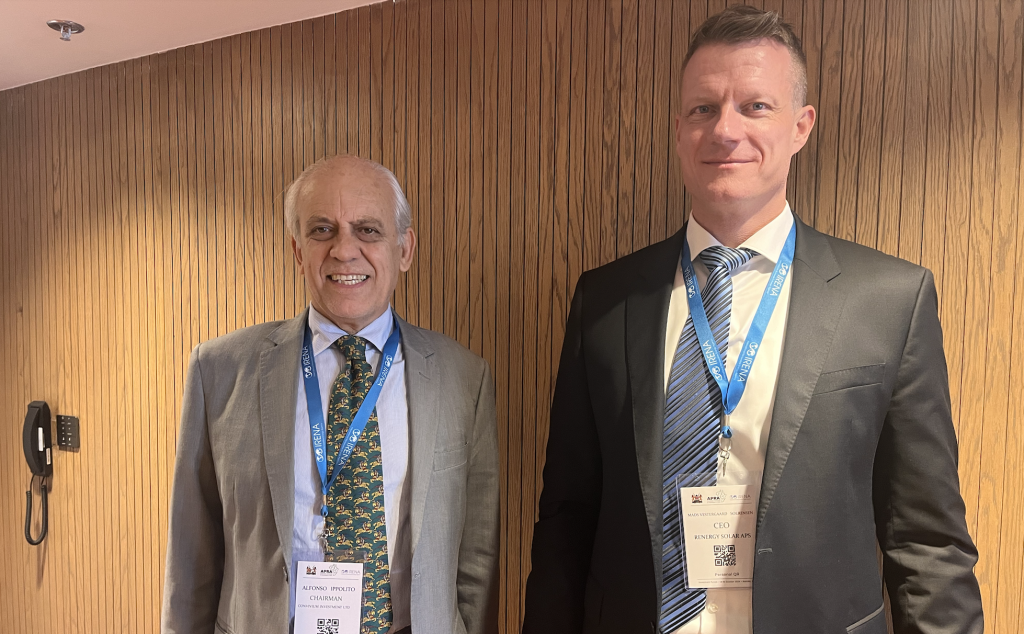Albert Oppong-Ansah
Accra, Dec. 20, GNA- Renergy Solar, a Danish renewable energy company focused on frontier markets, has reaffirmed its commitment to contributing to the advancement of renewable energy in Ghana through the development of a 40 Megawatt solar power plant.
The firm said after overcoming delays caused by the COVID-19 pandemic in 2020, it was in the process of renewing all regulatory and statutory commitments necessary to commence construction at the Sege project site.
Mr. Mads Vestergaard Sørensen, Chief Executive Officer of Renergy, told the Ghana News Agency that construction of the first 20 MW phase was expected to commence in 2025, with the second 20 MW phase to follow.
He noted that the project was strategically located near the Dawa Industrial Zone, which had increasing demand for renewable energy.
“We are very close to the high-voltage and distribution lines in Sege, making it easy to connect to the grid,” Mr. Sørensen stated.
“As part of our planning, we have completed grid studies, environmental assessments, and technical evaluations. We are finalizing the documentation required, including the off-take agreement, to ensure a smooth project launch.”
The Chief Executive Officer also mentioned that Renergy anticipated achieving financial close during the first half of 2025, with engineering work expected to commence toward the end of the year, pending the completion of all preparations.
Ghana’s Energy Transition and Investment Plan (ETIP) outlines a clear pathway for achieving net-zero energy-related carbon emissions by 2060 through the implementation of low-carbon solutions across key sectors.
Mr Seth Mahu, Director of Renewable Energy at the Ministry of Energy, emphasised the significance of renewable energy in Ghana’s energy future and highlighted the critical role of international investors, such as Renergy, in supporting the country’s transition.

“The measures outlined in the ETIP represent a US$550 billion opportunity for international investors to contribute to sustainable development in Ghana, potentially creating 400,000 net jobs within the economy,” Mr. Mahu stated.
Ghana’s electricity access rate stands at 86.63 per cent (2021), with nine out of 10 urban residents and five out of 10 of rural residents connected to the electricity grid.
The Ministry of Energy aims to harness 10 per cent of the country’s renewable energy resources to consolidate energy security and meet the UN’s Sustainable Development Goal 7 by 2030.
Renergy’s solar initiative is positioned to play a crucial role in advancing these objectives, bringing clean, reliable energy to support Ghana’s industrial growth and rural electrification efforts.
Ghana, Kenya and Rwanda are on track for full access by 2030, offering success stories other countries can follow, a recent International Energy Agency report had said.
It recommends efforts by countries to increase mini-grids and stand-alone systems, mostly solar based, as the most viable solutions to meeting the energy needs of rural areas.
Universal access to affordable electricity, achieved by 2030 in the Sustainable Africa Scenario, requires bringing connections to 90 million people a year, triple the rate of recent years.
At present, 600 million people, or 43 per cent of the total population, lack access to electricity, most of them in sub-Saharan Africa.
GNA